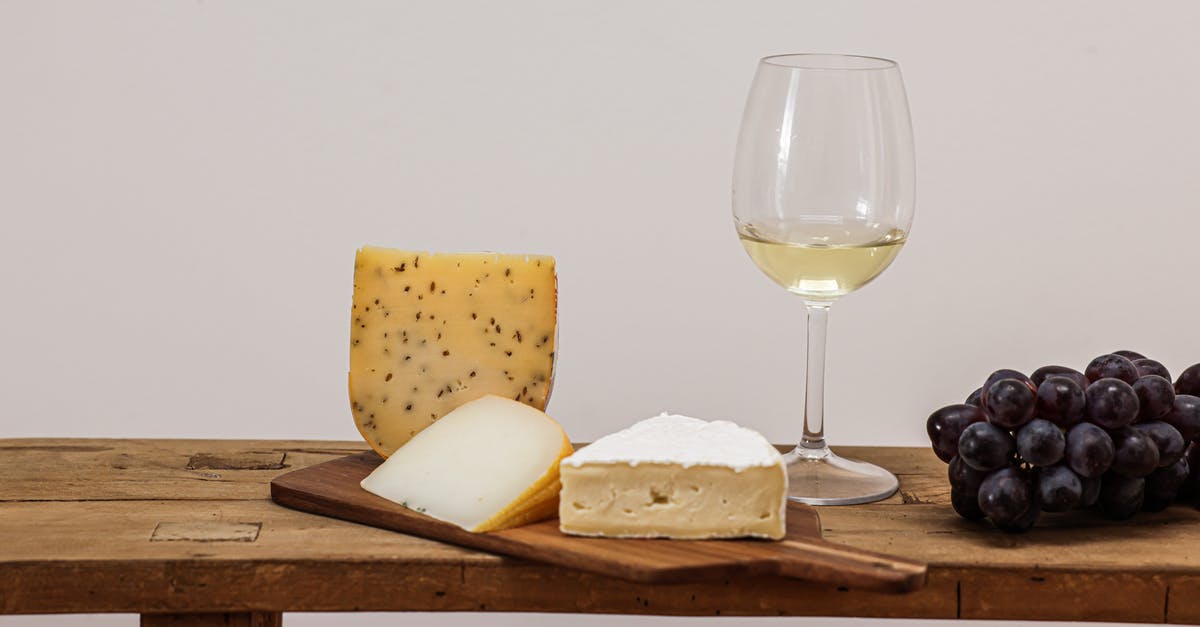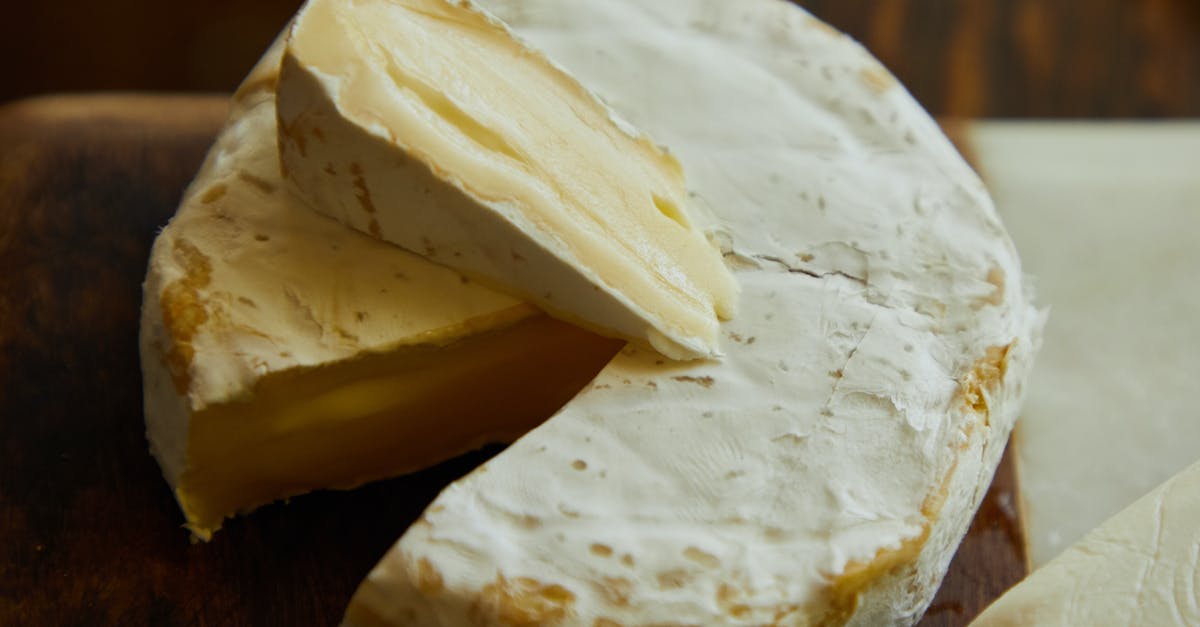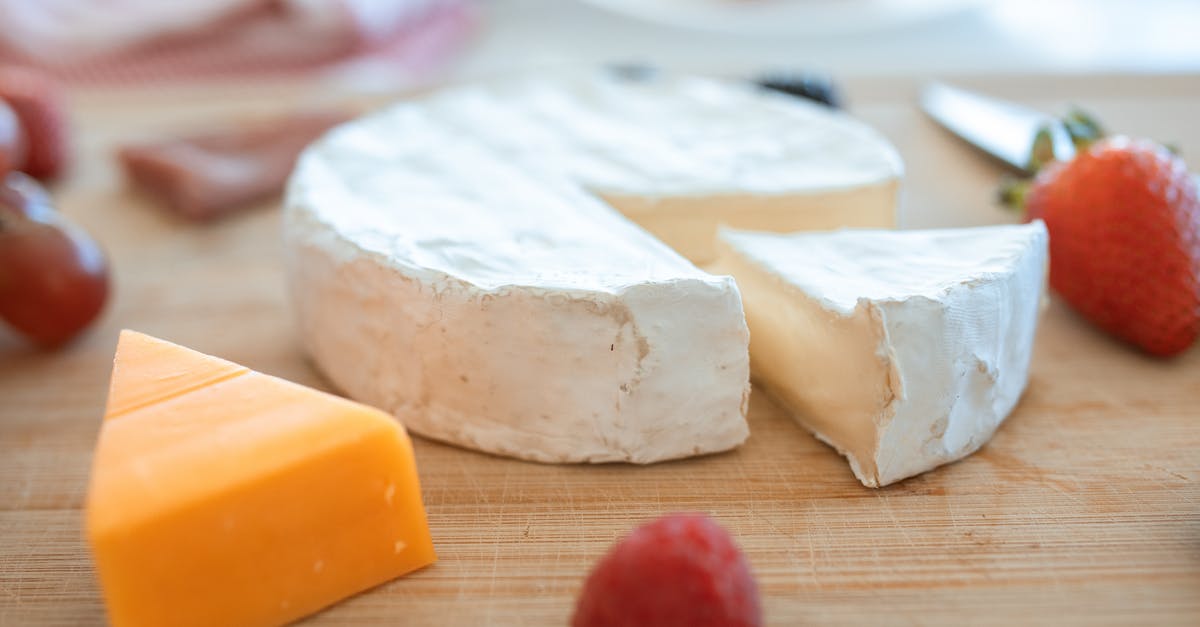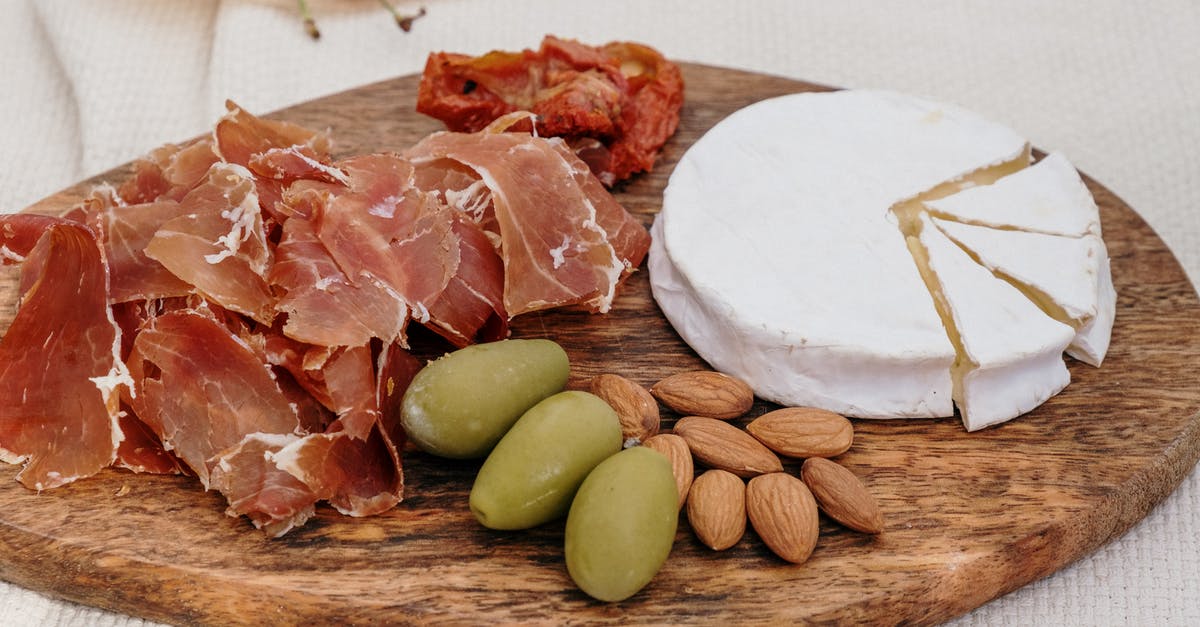Do all cheeses change their taste during their shelf life, like Brie or Camembert?

Brie and Camembert go through 3 stages of ripening and changes in taste. Does it happen to blue, or any other type of cheese?
Best Answer
All traditionally made cheeses (not "cheese food" or pasteurized processed cheeses like American slices or American cheddar that you find in the grocery store) contain enzymes and bacteria that impact the texture and flavor over time. Cheese makers call this "ripening". The amount of impact that you notice depends on a number of variables...type of cheese, age, storage conditions (temperature, humidity...), and packaging, to name a few. It's more obvious, and a quicker process in softer cheeses, but it also happens in hard cheeses. Storing cheese in a typical refrigerator drastically slows the ripening process, as it is typically too cold, and much too dry to promote ripening. However, with a few modifications, you can fairly easily create the correct conditions at home if you want to build a ripening "cellar". Most cheese makers will have a perfect ripeness in mind for a given cheese, but most are edible well before and well after this ideal state. Aromas of ammonia, or a rotting rind are signs that a cheese is well past its prime.
Pictures about "Do all cheeses change their taste during their shelf life, like Brie or Camembert?"



What are the REAL differences between Brie and Camembert?
Sources: Stack Exchange - This article follows the attribution requirements of Stack Exchange and is licensed under CC BY-SA 3.0.
Images: Cup of Couple, Laker, RODNAE Productions, cottonbro
